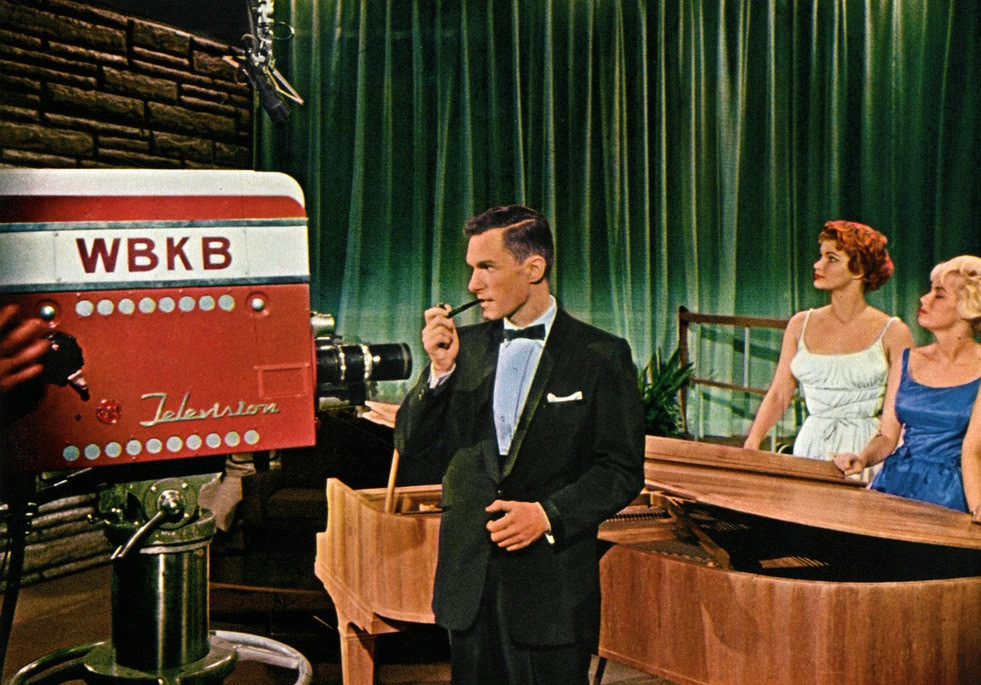I worked at Playboy for a year or so. I’ve written about it before, but it was filled with some of the best professional experiences of my life even though parts of it were the worst. (Shout-out to everyone in Playboy’s legal department for the time they sent me a cease-and-desist letter for talking to a reporter after they fired me.)
Turning this around in my head and reading some of the early comments on Hugh Hefner’s death, it occurred to me that what’s most striking about his life was its pronounced dichotomy.
The same man who championed sexual freedom as well as equal rights for POC, women and LGBT folk also reinforced misogyny, unrealistic standards of beauty centered on whiteness and a consumerist approach to living. When he advocated liberation for women, he did so to position them as “entertainment for men.” In all these ways, he was the best and worst of American idealism.
He simultaneously derided Midwestern values as he built a media empire in Chicago before abandoning it for a L.A.-based cocooned fantasy world. His was a family business, which his son and daughter both led, at different times, that occasionally preached contempt for the embrace of 2.5 kids and a picket fence. He imagined himself the picture of urbanity then built professional and personal worlds that never required him to leave the house.
He gave generously to support freedom of the press, public education and other worldly concerns, but lived a life of self-centeredness.
Hugh Hefner was a man of contradictions. Anyone who claims he was any one thing without acknowledging the other is not telling the whole story.

